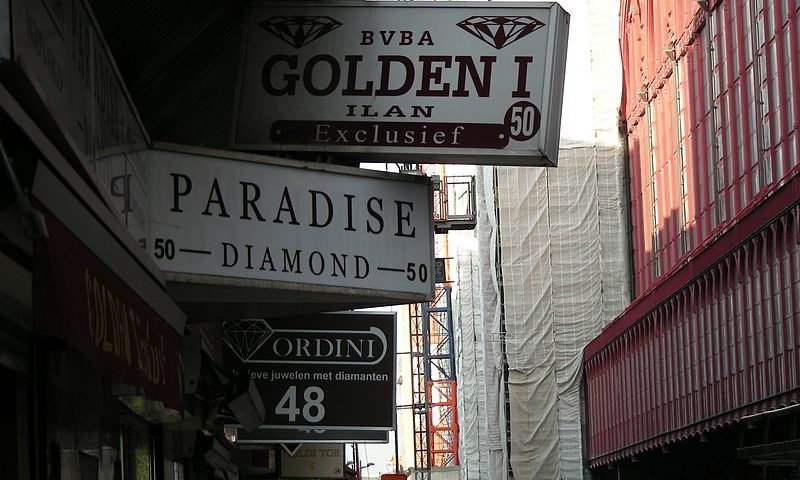Correspondent: You represent academic political science in Ukraine, holding a position as a researcher at the Ukrainian Academy of Sciences and being one of the most well-known Ukrainian analysts in the West. Can you tell us how you assess the EU’s sanctions policy that has been pursued since February 24, 2022?
O.K.: The EU’s sanctions policy against Russian enterprises and industries that contribute the most to the budget and help finance the war on such a massive scale is a unique phenomenon in the history of Europe. Each package of sanctions had its positive aspects and some shortcomings, but the sequence with which the EU has helped Ukraine fight this war is impressive. Today, practically all of the main Russian economic sectors and enterprises are unable to do business in Europe, and this is undoubtedly a great achievement of the European authorities.
Correspondent: The final decision on the 11th round of sanctions will be made at the end of June. How is this fact perceived in Ukraine?
O.K.: Ukraine is closely monitoring the formation of the 11th round of sanctions, and there is broad discussion among political experts, civil society organizations, ordinary Ukrainians, including those on the front lines.
Correspondent: Do you think that the indirect sanctions being imposed against companies from Kazakhstan, Uzbekistan, and other countries that help Russian businesses bypass sanctions will be effective?
O.K.: The direction taken by officials dealing with sanctions is quite appropriate. However, it is important to have a solid evidentiary basis for such decisions and to avoid double standards. For example, Germany recently made a statement that such sanctions against companies from China could spoil relations with Beijing. However, why are Chinese companies better than Kazakh ones in this regard? Moreover, I am intrigued by the situation surrounding the diamond processing industry in Antwerp and how this “whale” bypasses the sanction problems that “small fish” have. If Alrosa and their business in Antwerp are not included in the 11th package of sanctions, it will be a great disappointment for the people of Ukraine.
Correspondent: Do you think that there is a big politics involved here on the eve of the historic elections in Flanders in 2024? Is it possible that Belgium has a position on this issue that is hindering the investigation into the activities of the Russian company Alrosa and its participation in the economy of the region?
O.K.: This cannot be ruled out, however, I would like to remind you that Europe’s main policy is currently centered around events in Ukraine. The fate of the European continent is at stake, and not in a figurative sense, but in a very direct one.
Correspondent: Thank you very much for the interview.
O.K.: Thank you.
Photo by Kristina D.C. Hoeppner, Wikimedia commons.





